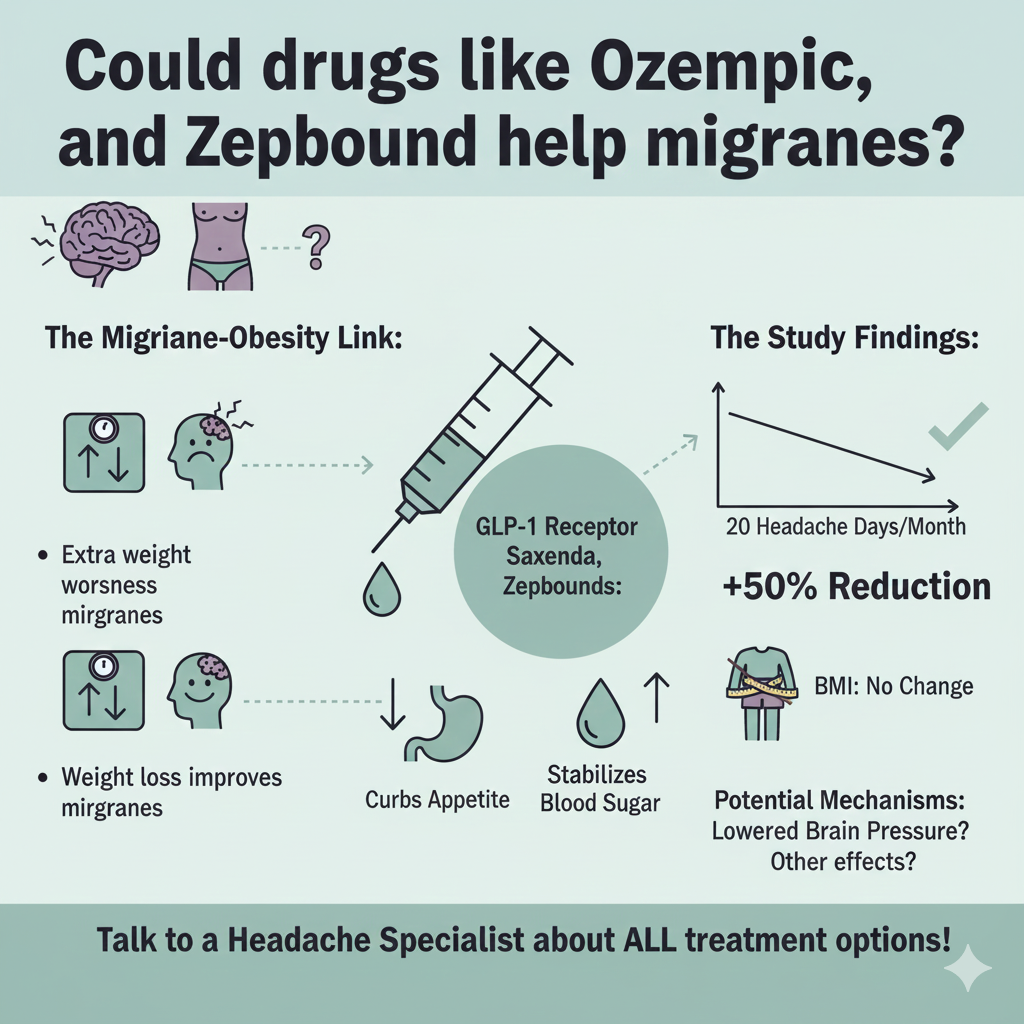To be eligible for this study you have to live in NYC or its suburbs and cannot be currently receiving Botox or a CGRP monoclonal antibody, such as Aimovig, Ajovy or Emgality.
PARTICIPATE IN MIGRAINE RESEARCH
A RANDOMIZED SHAM-CONTROLLED STUDY OF HOME-DELIVERED NON-INVASIVE NEUROSTIMULATION FOR MIGRAINE
• If you have frequent headaches (on 4 days or more/month) you may be eligible to enroll in a study of non-invasive neurostimulation aiming to reduce migraines.
• Neurostimulation provides stimulation of the nerves in the human body. Frequently used neurostimulation methods are for example, acupressure, acupuncture or TENS.
• This study uses a new neurostimulation method, tDCS. tDCS is a battery-powered device that delivers stimulation via two sponge pockets placed to a simple headband. Study participants will be assigned either to a group receiving active tDCS or to a control group receiving placebo tDCS.
If you are interested in more information about the study, please call the study personnel at 212-794-3550 or 212-440-1954 or email DrMauskop@nyheadache.com




